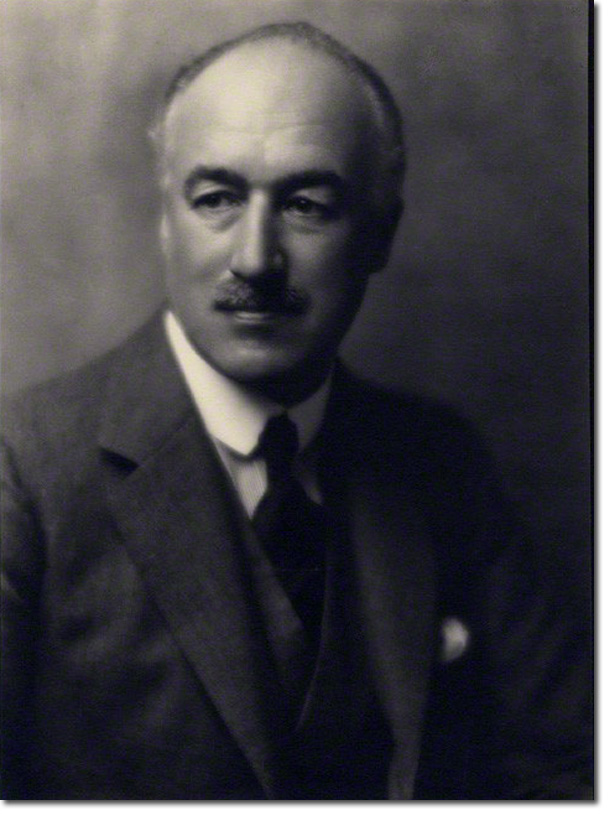|
|


|
|
Sir John Chancellor succeeded Lord Plumer, whose term of office had been noteworthy for its freedom from those serious disturbances so unhappily frequent during the British administration of Palestine. This tranquillity and reasons of economy led to the withdrawal of the British military garrison from Palestine and to the reduction and reorganization of the police force. In consequence the civil power was without military aid when in August 1929, following incidents at, and in connection with, the Wailing Wall at Jerusalem, Arab attacks were made on Jews in several large towns in Palestine.
Chancellor was then on leave and, although the parliamentary commission of inquiry under Sir Walter Shaw, reporting in March 1930, found no serious fault with the governmental handling of the riots, there were some in Palestine who felt that events might have taken a very different course had Chancellor been in the country. The principal recommendation of the Shaw commission was that the British government should issue a statement of policy defining clearly and positively the meaning which they attached to certain passages in the mandate and should make it plain that they intended to give full effect to the policy thus defined. That recommendation was, almost certainly, influenced by Chancellor's views and he must have been well satisfied when, after further investigations, including one of land and immigration problems by Sir John Hope Simpson, the government issued a statement on policy in October 1930 which went to what Chancellor undoubtedly regarded as the root of the Palestine problem. When in February 1931 the white paper was in effect reinterpreted by Ramsay MacDonald in a statement to Chaim Weizmann, Chancellor's faith in government policy in Palestine was badly shaken and his disappointment was made evident in his speech at a farewell banquet in Jerusalem when he said: ‘I came hoping to increase the country's prosperity and happiness. I am leaving with my ambition unfulfilled. Conditions were against me’. Chancellor was ‘convinced that the entire Balfour Declaration policy had been “a colossal blunder”, unjust to the Arabs and impossible of fulfillment in its own terms’ Image courtesy of National Portrait Gallery |
Palestine: Britain's Crown of Thorns | Palestine | Palestine Administrators
Armed Forces | Art and Culture | Articles | Biographies | Colonies | Discussion | Glossary | Home | Library | Links | Map Room | Sources and Media | Science and Technology | Search | Student Zone | Timelines | TV & Film | Wargames